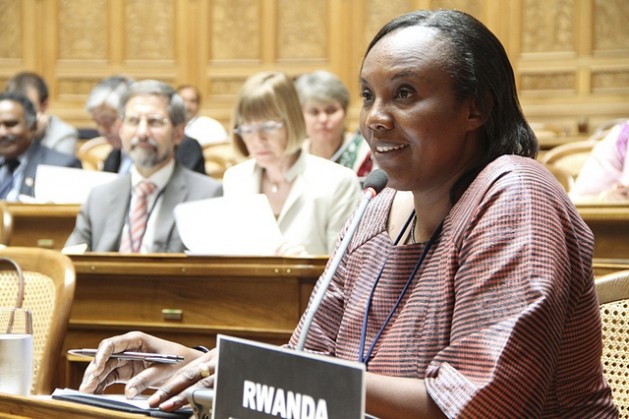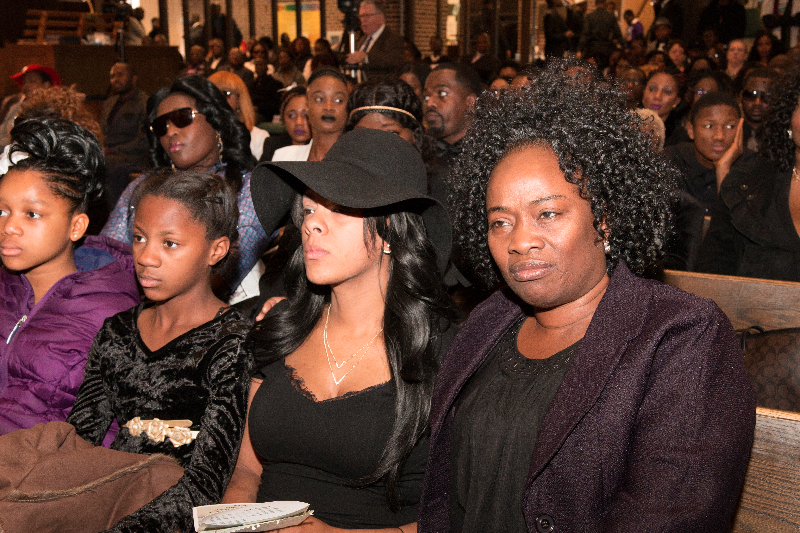Orders for Protection are generally orders to protect people who are victims of domestic abuse or are at risk of being further victimized. Domestic abuse is defined as any of the following conducts between family or household members: actual physical harm, bodily injury, assault, fear of imminent physical harm, bodily injury or assault, terroristic threats, criminal sexual conduct, or interference with an emergency call.
An Order for Protection (OFP) may be brought under Minn. Stat. § 518B.01, subd. 4(a) by:
- A family or household member on their own behalf
- A family or household member, a guardian, or a reputable adult age 25 or older on behalf of a minor; or
- By a minor age 16 or older against a spouse, former spouse, or person with whom the minor child has a child, if allowed by the court.
When you are the subject of an Order for Protection or the ‘defendant’ or ‘respondent’ in an order for protection case, it is critical that you understand the restrictions against your ability to contact the victim or ‘petitioner’ and your right to request a hearing.
Typically, the OFP is issued as an Ex-Parte (for one party) Order. Ex parte means a legal proceeding brought by one person in the absence of and without representation or notification of other parties. The OFP order granted by the judge, ex parte, is typically a temporary order in Minnesota and the respondent is given five (5) days to request a hearing regarding the matter. Once a hearing is requested, the parties present themselves before a family court judge, referee or magistrate to have a ‘mini-trial’ on whether or not a permanent order for protection should be issued.
A permanent order for protection is typically in place for two years in Minnesota and can be renewed at the end of that period. An order for protection directs the offending party not to commit any acts of domestic abuse against the victim and excludes the offender from the victim’s home, workplace and other locations relevant to both victim and offender. Once an order for protection is entered against someone, it prohibits them from having any contact, direct or indirect with the victim. This includes any contact via telephone, text message, email, pager, and any other electronic means and via third parties, etc.
If you have an order for protection issued against you and you encounter the victim in a public location, you are required to leave the place, not the victim. Failure to leave any place where you encounter the victim may result in a violation of an OFP.
Consequences of Violating an OFP
Any violation of an OFP may be charged as a misdemeanor punishable by up to 90 days in jail, or $1,000 fine, or both. It can also be charged as a gross misdemeanor, punishable by up to one year in jail, or up to a $3,000 fine, or both. A violation could also result in a felony conviction, punishable by imprisonment of up to five (5) years in jail or a fine of $10,000, or both. Police officers have the power and authority to arrest you without a warrant and take you into custody if the officer believes you have violated an Order for protection.
Immigration Consequence
For people who are non-U.S. citizens, a violation of an order for protection carries the most severe of immigration penalties as it is a deportable offense. Non-U.S. citizens should be particularly wary of violating an OFP as it could result in their deportation, even if you have a permanent resident/green card.
Other Important Effects of an OFP or Pendency of an OFP case
Anyone who has an OFP currently in effect against or pending against them is prohibited from carrying, transporting, or receiving any firearm or ammunition. An OFP is enforceable by authorities in all fifty U.S. states, the District of Colombia, Tribal lands and the U.S. territories.
Relevance to Other Family Law Cases
The family court will consider an Order for Protection in a child custody, parenting time and child support case and weigh it negatively against the person who is the offender in the OFP.
What to do
If you find yourself the ‘Defendant’ or ‘Respondent’ in an Order for Protection case contact an experienced family lawyer immediately particularly if you are not a U.S. citizen. Attorney Obi Chukwu has successfully guided several clients through the Order for Protection process, either defending one or getting one issued. He has also helped clients make the best use of the process to produce positive results even in the most acrimonious situations. Attorney Chukwu has the experience and knowledge it takes to understand what an order for protection against you or in your favor means for you and how it can affect your immigration and other family law cases. Attorney Chukwu has effectively challenged false accusations on Orders for Protection and gotten them categorically dismissed.
If you have questions about an Order for Protection, its immigration consequences, what you can do to fight one or any other issues in this article, contact an experienced family law attorney. Consult a family lawyer to determine what process is relevant to your particular case or situation or for any of the issues raised in this article.
Nothing in this article should be taken as legal advice for an individual case or situation. The information is intended to be general and should not be relied upon for any specific situation. For legal advice, consult an attorney experienced in family law.
About Obi Chukwu
Paschal Nwokocha Law Offices, LLC, is based in Minneapolis, Minnesota and specializes in immigration and family law. It is one of the preeminent, immigrant-focused law firms in the country with a particular emphasis on solutions for families. Attorney Chukwu has extensive experience in family law matters uses those skills to help clients with family law issues, including divorce/dissolutions, child custody, and parenting time, child support, spousal maintenance (alimony), paternity, ante-nuptial/post-nuptial agreements, asset distribution, post-divorce modifications, domestic abuse issues, OFPs etc. Attorney Chukwu believes that family is at the core of our communities. In that respect his practice of family law emphasizes respect for the family, protection for children and fair & balanced treatment of individuals. Without sacrificing zealous client advocacy Mr. Chukwu strive to find solutions that benefit clients from the start with limited expense. We are a community of immigrants and are stronger because of it. Paschal Nwokocha Law Offices believes our immigration laws should work for us not against us and endeavors to find ways to make immigration laws most effective for our clients.
- Web |
- More Posts(10)






